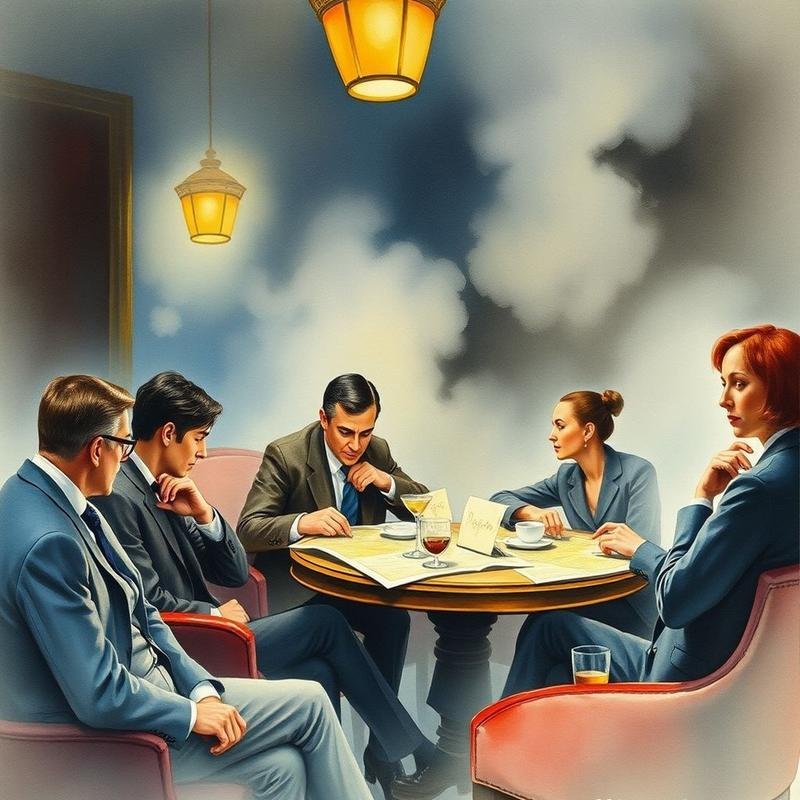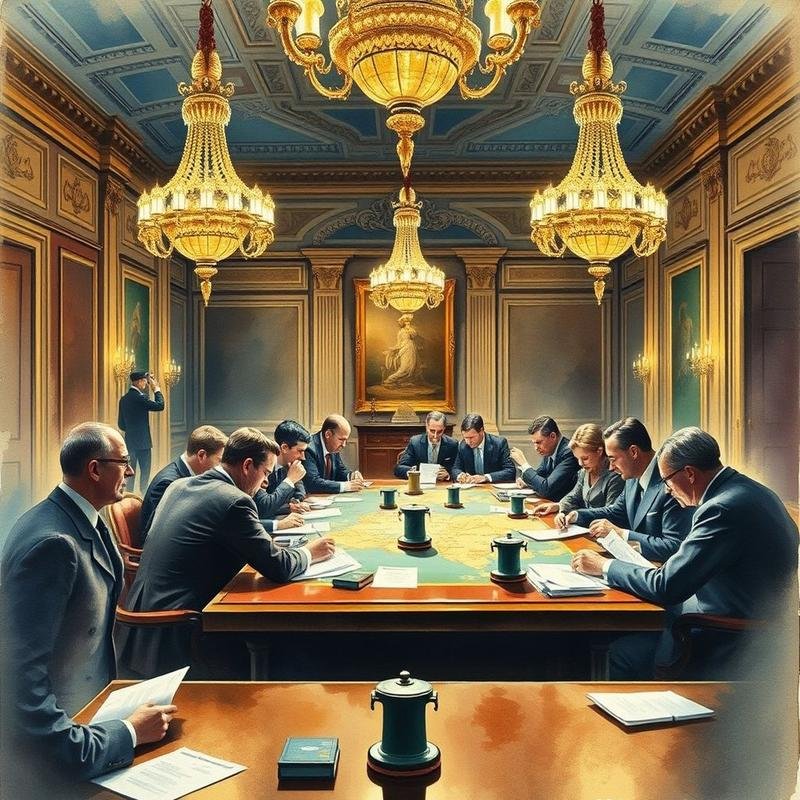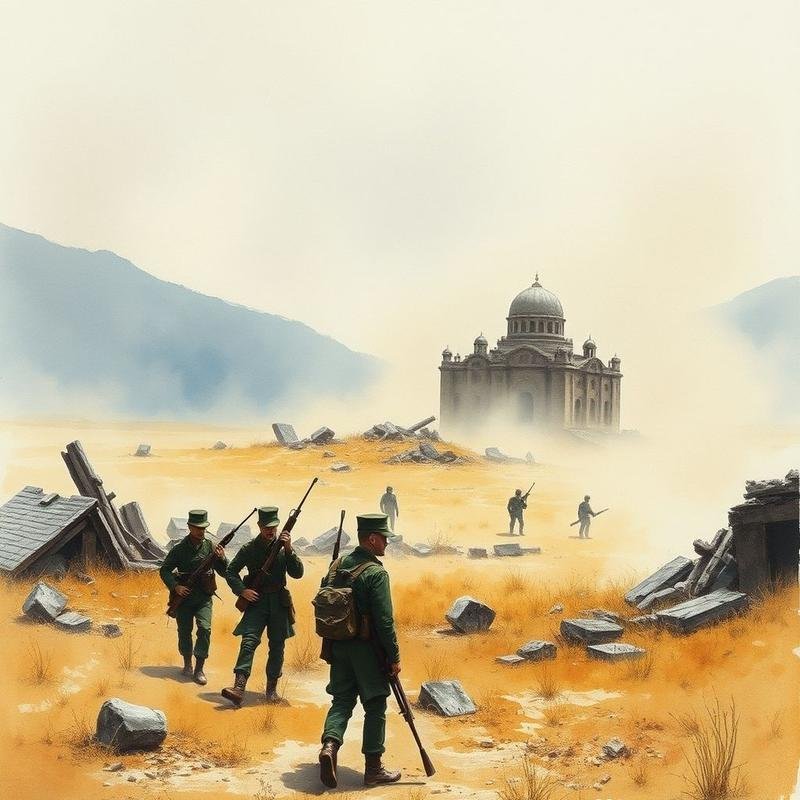The First Balkan War: An Examination of the Primary Beneficiary.

First Balkan War: Who Benefited Most?
The First Balkan War, a conflict etched into the rugged landscape and fertile valleys of the Balkans, remains a subject of profound historical debate. Its ultimate consequences are far from settled, and its apparent outcomes are shrouded in uncertainty, giving rise to conspiracy theories that compel us to revisit the battlefields in pursuit of hidden narratives that could reshape our understanding of the era. Was this merely a localized conflict between emerging nations, or did the great powers of Europe deliberately exacerbate tensions, redrawing territorial boundaries with the blood of soldiers?
The Spark of War: A Tenuous Alliance
In 1912, the First Balkan War ignited, uniting Serbia, Greece, Bulgaria, and Montenegro in a tenuous alliance against the declining Ottoman Empire. Their shared objective was the expulsion of the Ottomans from European soil. However, the singularity of this objective is itself a point of contention, marking the genesis of various conspiracy theories.
Russia’s Shadow: Protector or Manipulator?
One such theory posits that Russia, seeking to expand its sphere of influence in the Balkans, was instrumental in forging this alliance. As the self-proclaimed protector of Orthodox Slavs, Russia provided financial and military support to the Balkan states, encouraging their unification against a common adversary. The question remains, however, whether Russia’s actions were solely motivated by the protection of Slavic populations or driven by its own strategic interests, exploiting the ambitions of the Balkan states. This question continues to resonate throughout historical discourse.
Austria-Hungary’s Fear: Containing Serbia
Another theory implicates the Austro-Hungarian Empire, which feared the ascendance of Serbia, a burgeoning Slavic state that threatened its internal cohesion. According to this perspective, Austria secretly supported the Ottomans, aiming to weaken the Balkan states and thwart Serbia’s aspirations of uniting all South Slavs.
Great Powers: Maintaining the Balance
The role of other major European powers, such as Great Britain and France, cannot be overlooked. These nations closely monitored the situation, seeking to maintain the delicate balance of power in the region. Great Britain, concerned with securing vital maritime trade routes, and France, seeking to safeguard its economic interests within the weakening Ottoman Empire, exerted a discreet influence on events and the decisions of the Balkan states.
The Seeds of Discord: The Second Balkan War
The aftermath of the First Balkan War was unexpectedly disruptive. Despite the victory of the Balkan states over the Ottoman Empire, the triumph failed to usher in an era of peace and stability. Instead, it precipitated new conflicts among the Balkan states themselves, centered on the division of territories liberated from Ottoman control. Serbia and Greece clashed with Bulgaria over the contested region of Macedonia, leading to the Second Balkan War, which culminated in Bulgaria’s defeat and the partition of Macedonia between Serbia and Greece.
Shifting Alliances: A Web of Intrigue
The shifting alliances during the First and Second Balkan Wars underscore the complex geopolitical dynamics of the region. Former allies became adversaries due to irreconcilable differences over territorial claims and strategic interests. This fluidity in alliances fuels speculation regarding the existence of clandestine actors seeking to instigate conflict and advance their own agendas through chaos and instability. Whether this manipulation of alliances was coincidental or the result of deliberate orchestration remains a subject of debate.
Conflicting Narratives: Truth or Deception?
Conflicting evidence and testimonies further complicate the historical narrative. Some historians maintain that the First Balkan War was simply a conflict between small nations striving for independence and national unity. Others contend that it was a component of a larger strategic game orchestrated by the great powers to control and divide the region.
Controversial Figures: Officer Demetrios
Among the controversial figures of this period is Officer Demetrios, a Greek officer accused of espionage on behalf of Bulgaria. His testimony revealed a complex network of conspiracies and betrayals involving senior officials within the Greek army and government. While unverified, this testimony casts doubt on the integrity of the political and military leadership of the Balkan states.
Secret Letters: The Tsar’s Involvement
Furthermore, the discovery of secret letters from the Russian Tsar, years after the war’s conclusion, revealed his awareness of the Balkan states’ clandestine plans and his support through financial and military aid, aimed at advancing the Russian Empire’s interests in the region. These letters illuminate Russia’s covert role in exacerbating the conflicts within the Balkans.
The Carnegie Commission: War Crimes Unveiled
The report of the Carnegie Commission, an international body established to investigate war crimes committed during the First Balkan War, cannot be ignored. The report documented appalling atrocities perpetrated by all belligerents, including mass killings of innocent civilians, destruction of property, and forced displacement of populations. This report underscores the brutal realities of war and the devastating consequences for civilian populations.
Conclusion: A Legacy of Intrigue
The First Balkan War transcends its historical context, serving as a stark reminder of the interplay between politics, brute force, and clandestine machinations. It underscores the notion that history is often written not in ink, but in blood, and that the truth is frequently obscured by layers of deception.
History is replete with unresolved mysteries. If you share our dedication to uncovering the unvarnished truth, subscribe to our channel and join us on an engaging exploration of the secrets of the past.








